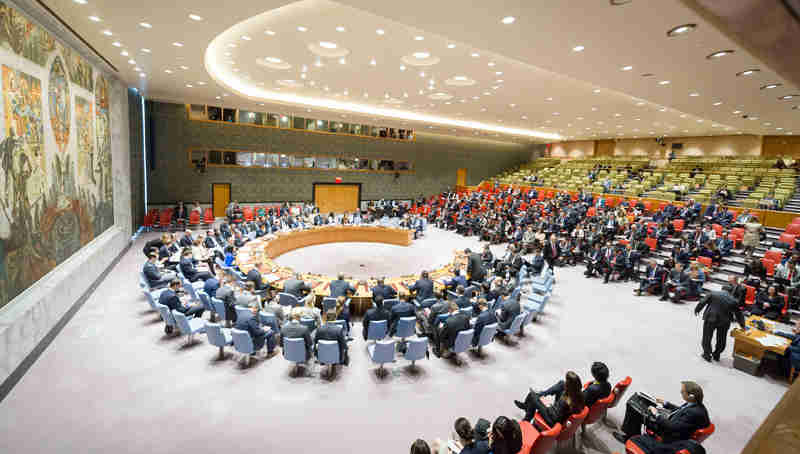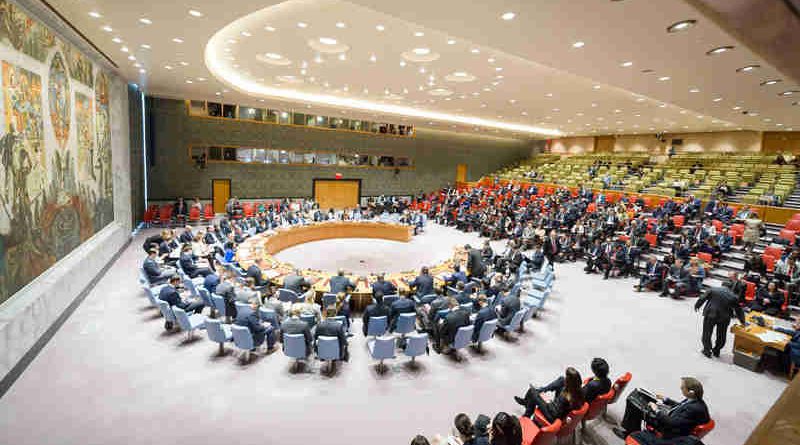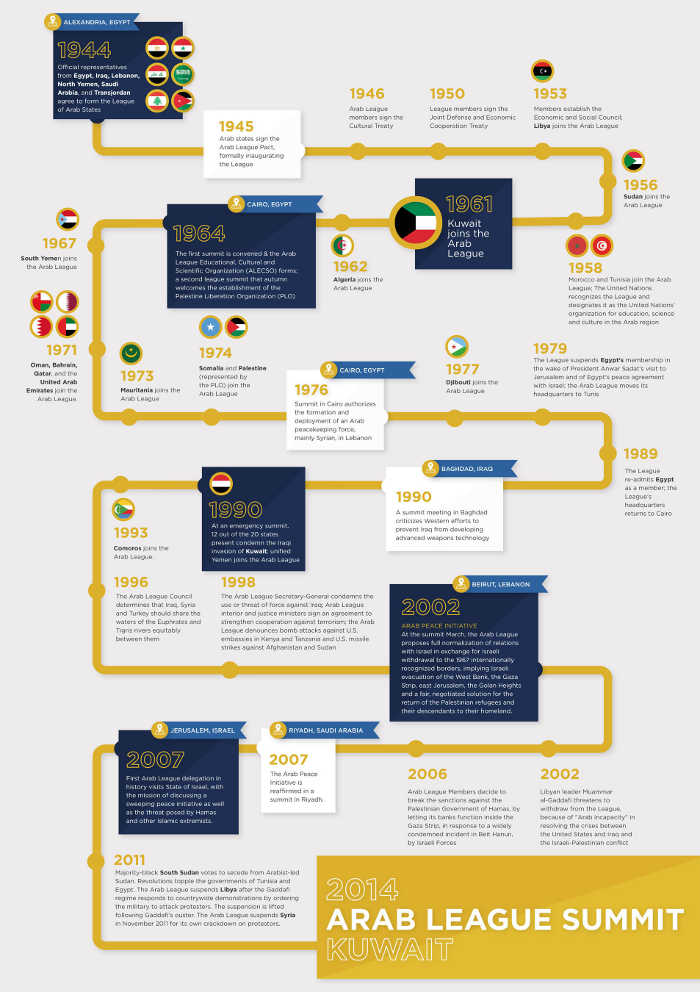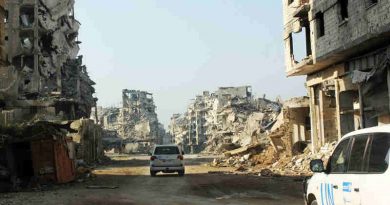Security Council Investigates Chemical Weapons Use in Syria

An emergency meeting of the Security Council was held Wednesday to discuss the reports of alleged chemical weapons use in Khan Shaykhun, southern rural Idleb, Syria.
A senior United Nations (UN) official for disarmament affairs said that while details are not yet fully known, new information continues to come in on the incident.
“[However,] if confirmed, this would constitute the single largest chemical weapons attack in Syria since the attack on eastern Ghouta in August 2013,” said Kim Won-soo, the UN High Representative for Disarmament Affairs.
“Reports have stated that the attack was carried out through an airstrike on a residential area [but] the means of delivery of the alleged attack cannot be definitively confirmed, at this stage,” he noted.
[ Dust Pollution: Your Children Are Not Safe in Delhi ]
In his briefing, Mr. Kim informed the 15-member Council of reports indicating presentation of symptoms after the attack, including respiratory problems, vomiting, fainting and foaming at the mouth, and miosis (pupillary constriction).
The attack in Syria also gave an opportunity to U.S. President Donald Trump to blame his predecessor Barack Obama for the chemical onslaught on Syrian population.
Trump said in a White House statement released Tuesday that these heinous actions by the Bashar al-Assad regime are a consequence of the past administration’s weakness and irresolution.
According to the UN World Health Organization (WHO) at least 70 people have died and hundreds more have been affected in Khan Shaykhun.
In a statement, WHO noted that: “The likelihood of exposure to a chemical attack is amplified by an apparent lack of external injuries reported in cases showing a rapid onset of similar symptoms, including acute respiratory distress as the main cause of death.”
“Some cases appear to show additional signs consistent with exposure to organophosphorus chemicals, a category of chemicals that includes nerve agents,” it added.
The statement also noted that emergency rooms and intensive care units in Idlib are overwhelmed and reporting shortages in medicines required to treat injured patients and that many patients have been referred to hospitals in southern Turkey.





